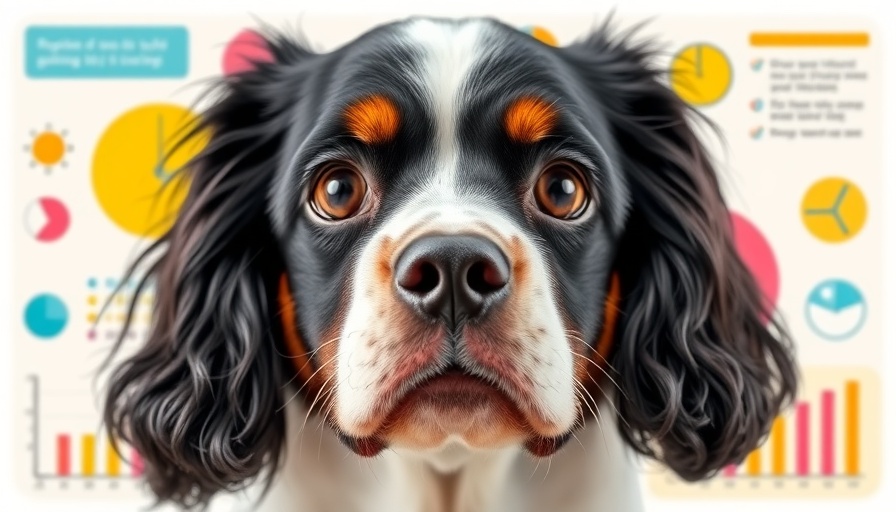
Understanding Why Your Dog's Pupils Might Dilate
Your dog's eyes can offer a window into their emotional and physical state. Pet owners often recognize the playful glimmer in a dog’s eye but may be caught off guard by alarming signs such as dilated pupils. Not every instance of pupil dilation is a cause for concern, but distinguishing between harmless emotional responses and serious health issues is crucial for any responsible pet owner.
Natural Causes of Dilated Pupils in Dogs
In many scenarios, dilated pupils can be perfectly normal. For instance, during low light conditions, such as a dimly lit room or nighttime strolls, your dog’s pupils will naturally widen to improve their ability to see. This reflex is part of the body’s intelligent design, allowing canines to adapt to their environment seamlessly.
Similarly, emotional states such as excitement or fear can cause your dog’s pupils to dilate when they encounter something thrilling, like a favorite toy or even a sudden loud noise. This "fight or flight" mechanism is a physiological response that prepares them for action. Understanding these natural behaviors can ease concerns and reflect a pet's state of mind.
When to Be Concerned About Dilated Pupils
While it’s normal for dogs to experience temporary pupil dilation, other instances may require attention. If one pupil is larger than the other, or if dilated pupils persist even in bright light, this can indicate underlying health issues. Conditions such as glaucoma, which can lead to blindness, or neurological problems like head trauma or brain tumors can disrupt normal pupil function. In these cases, prompt veterinary attention is essential to diagnose and treat potential complications.
Recognizing Accompanying Symptoms
Pupil dilation, particularly when paired with other abnormal symptoms, can signal urgent health problems. Observable factors such as vision loss, redness, seizures, or sudden behavioral changes are all significant warning signs. If you notice any of these symptoms along with dilated pupils, it's crucial to seek veterinary care immediately. Prompt intervention can mean the difference between simple medical issues and serious conditions that require immediate action.
Common Causes of Concern
Beyond natural responses, several medical causes may lead to pupil dilation:
- Pain: Chronic pain can cause our pets to react in unexpected ways, including dilating pupils.
- Toxins: Exposure to household items, plants, or certain medications can lead to adverse reactions, including pupil dilation. Symptoms typically include nausea, tremors, or difficulty in movement.
- Medications: Certain drugs may result in pupil size changes, affecting how the pupils respond to light.
Looking After Your Pet's Eye Health
Regular veterinary check-ups can help ensure that your dog's eyes are healthy. With the right knowledge and preventative care, you can be more attuned to your pet's unique needs and behaviors. It is essential to know about common eye diseases, particularly as they age, and keep an eye out for changes in your pet's typical pupil size and behavior.
Conclusion: Keep Vigilant for Your Pet's Well-being
While the aesthetic beauty of a dog’s eyes can capture hearts, it is crucial to remain vigilant for signs that might indicate health issues. Understanding the various reasons behind dilated pupils empowers pet owners to act swiftly when something seems awry.
Whether it’s scheduling regular veterinary visits or being aware of your dog's emotional state, proactive care goes a long way in ensuring a longer and healthier life for your furry friend.
Stay informed and engaged with your pet's health; it's a vital part of the love you share. Together, you can navigate the path of pet parenting with the right knowledge and care.
 Add Row
Add Row  Add
Add 




Write A Comment